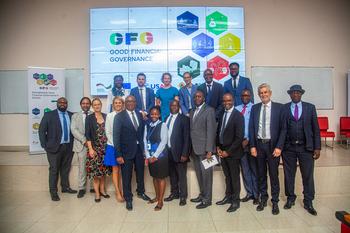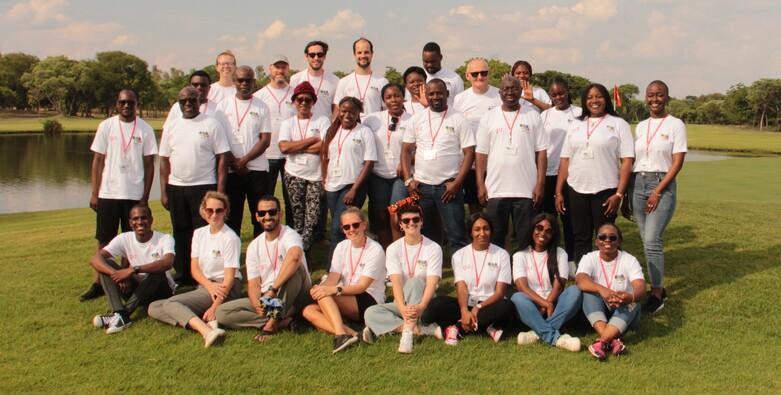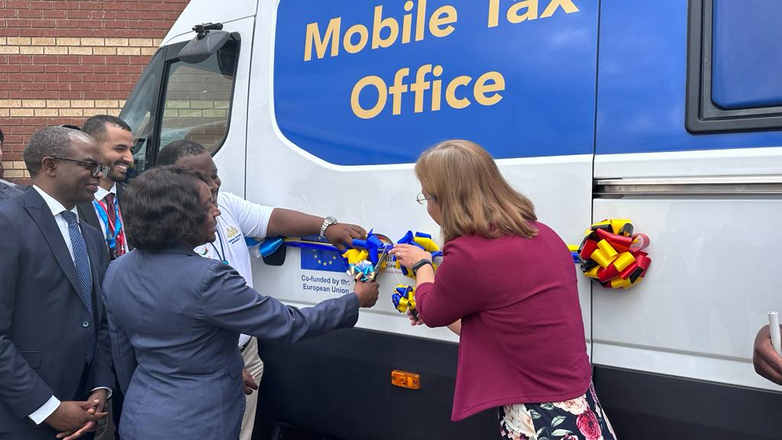Context
Zambia has enjoyed impressive economic growth in recent years. Despite this, it has not been possible to reduce widespread poverty and reduce inequalities. In 2022, 60 per cent of the population lived below the poverty line, and almost half were living in extreme poverty. In addition, women are often disadvantaged; climate change has an impact on agricultural production and hydropower generation. This is increasing Zambia’s funding shortfall: the country does not have sufficient funds of its own to implement important projects.
After years of increasing budget deficits, Zambia was no longer able to service its foreign debt in November 2020. In September 2022, a programme was therefore agreed with the International Monetary Fund (IMF). In it, the Zambian Government committed to ambitious reforms in the public finance system.
Objective
Zambia is reforming its public finances, giving it the financial leeway to utilise public funds in a development-oriented manner, and reduce poverty and inequality.



